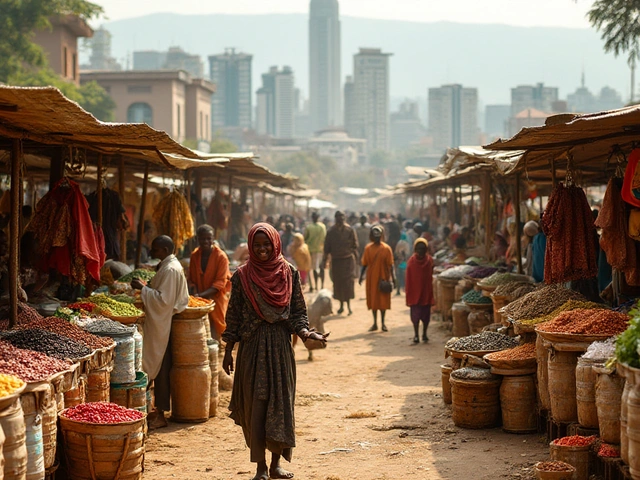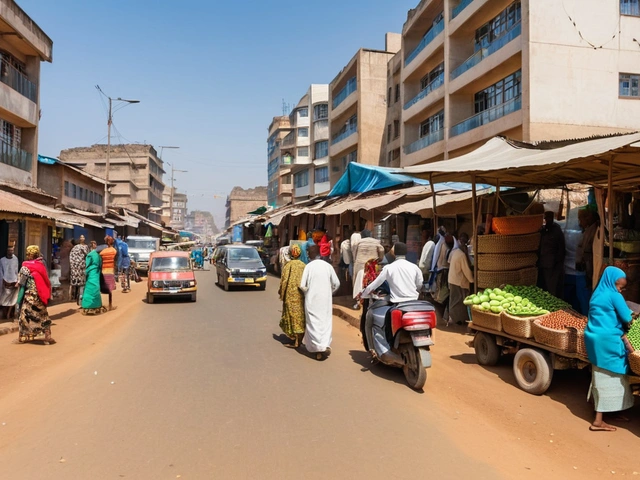Textile Industry in Ethiopia: Real Jobs, Honest Salaries, Big Potential
Jobs in the textile industry are booming in Ethiopia. If you’re looking for reliable work or want to switch careers, this sector’s got options for every skill level. From machine operators in busy factories to designers helping shape new trends, there’s a spot for everyone who’s willing to learn.
Big question: what’s the pay like? Entry-level positions in factories usually offer basic wages, sometimes just above minimum salary standards. But here’s the kicker—many companies add overtime pay, attendance bonuses, and sometimes even food allowances. Supervisors and highly skilled workers can earn a lot more, especially in factories linked to big export markets.
The textile industry isn’t just about making clothes, by the way. There’s a need for engineers to keep machines running, logistics pros to handle exports, and managers to guide large teams. If you pick up some extra training—like fabric quality control or industrial safety—you can move up the ladder pretty quick. Many employers sponsor on-the-job training, so it pays to show up and stand out.
Compared to traditional sectors like farming, textile jobs usually offer more stable hours and benefits. It's a major reason the government keeps pushing for international investment in this sector. With more foreign companies entering Ethiopia, there’s a push for higher standards and better pay, especially in areas like Hawassa and Addis Ababa where industrial parks are growing fast.
So, is this industry just for factory work? Nope. There are a growing number of opportunities in marketing, sales, sourcing raw materials, and even in tech—think digital textile design and e-commerce for local brands. If you speak more than one Ethiopian language or English, you’ll have an edge in customer-facing or export roles.
Another thing to know: salaries and opportunities do depend on location. Urban hubs pay more but may have higher living costs. In smaller towns, jobs might offer less cash but come with perks like transport or housing.
The work can be tough during busy production times, but for many, it’s a step up and a chance to build real, transferrable skills. Curious about breaking in without experience? Factories regularly hire young people, offer paid apprenticeships, and appreciate people who show up on time and learn fast.
If you're keen to land a textile job, watch for openings at new industrial parks and keep an eye on updates from Ethiopia Jobs. Loads of roles don’t need a fancy degree—just readiness to work and some basic training. The textile industry here isn’t just cloth and thread—it’s a real shot at a steady job and a new start.





